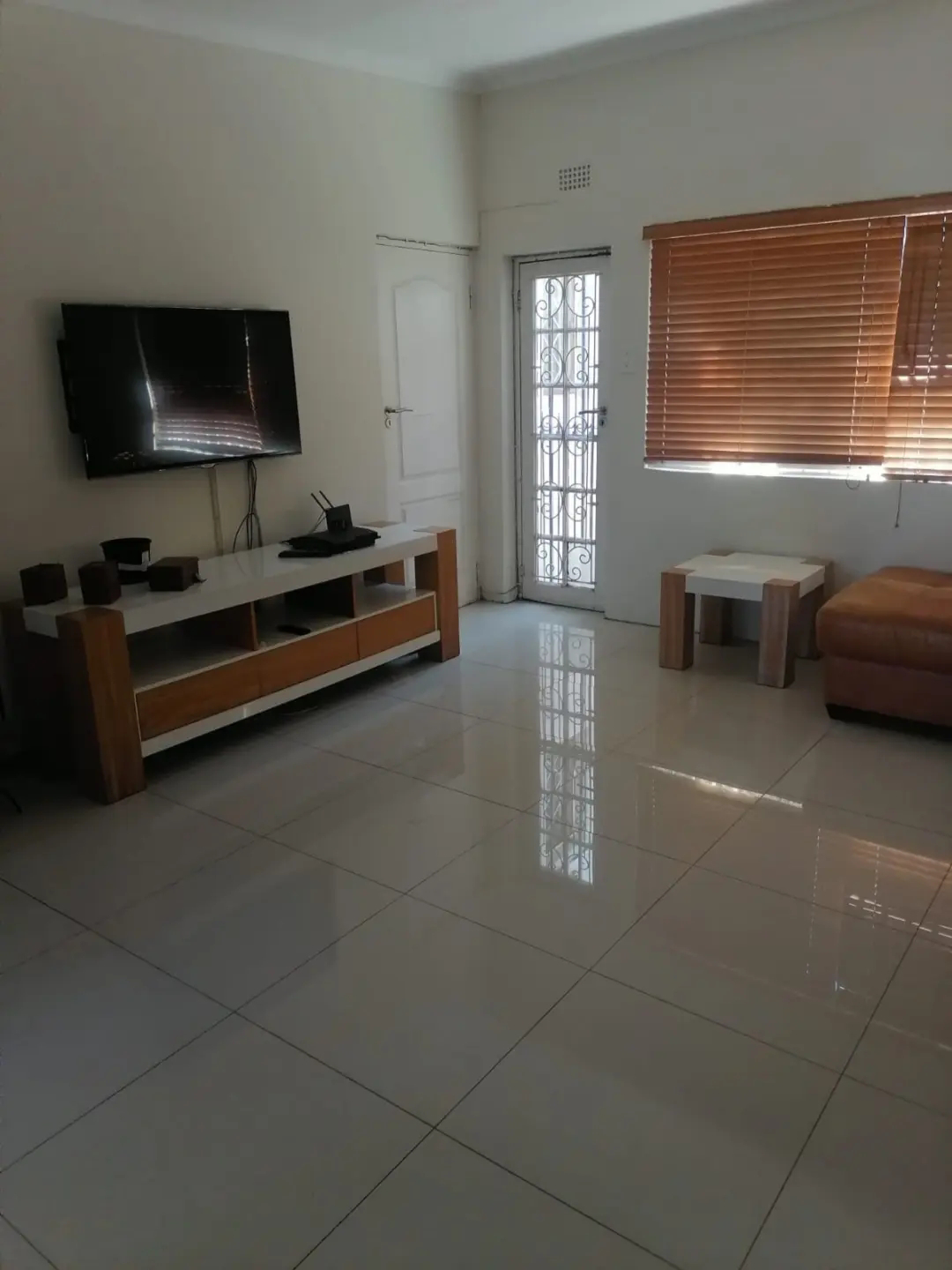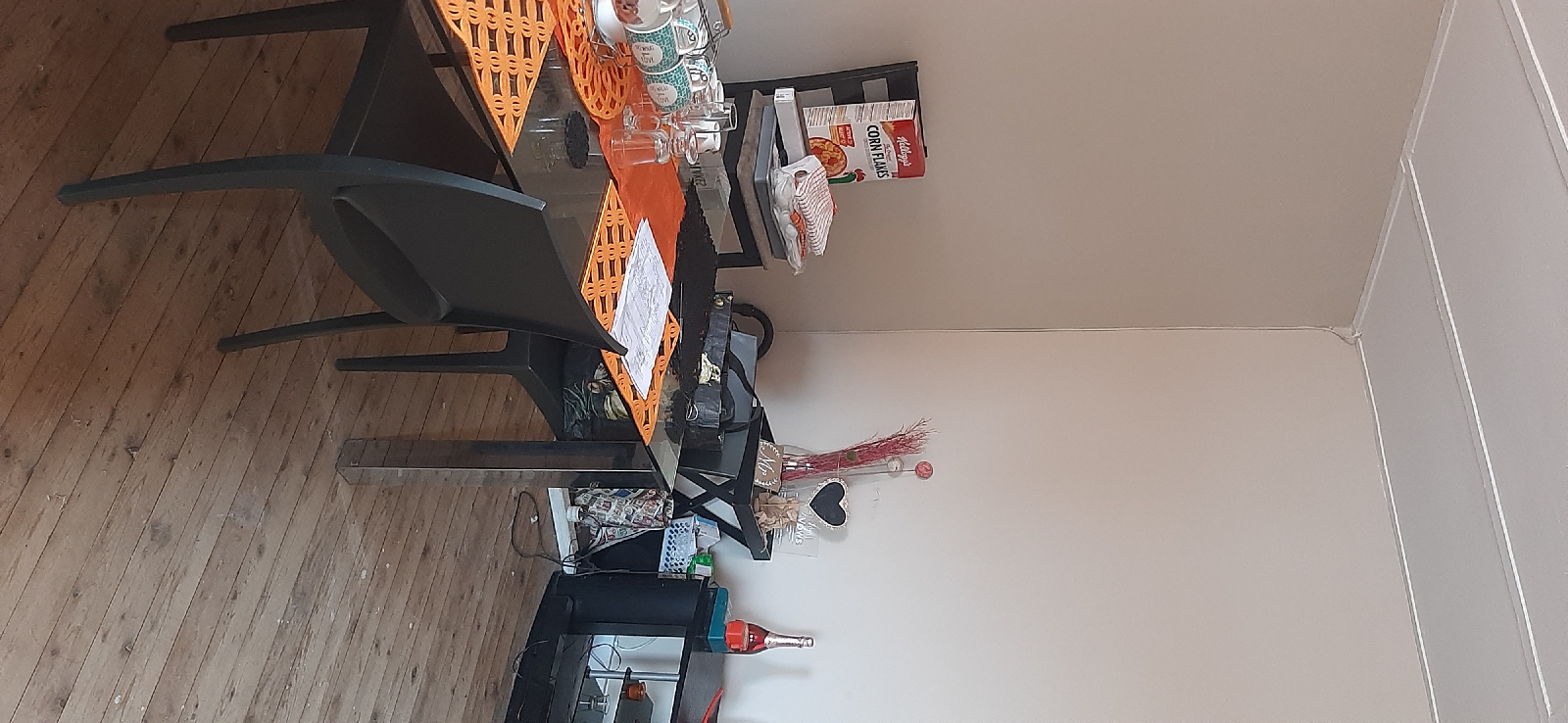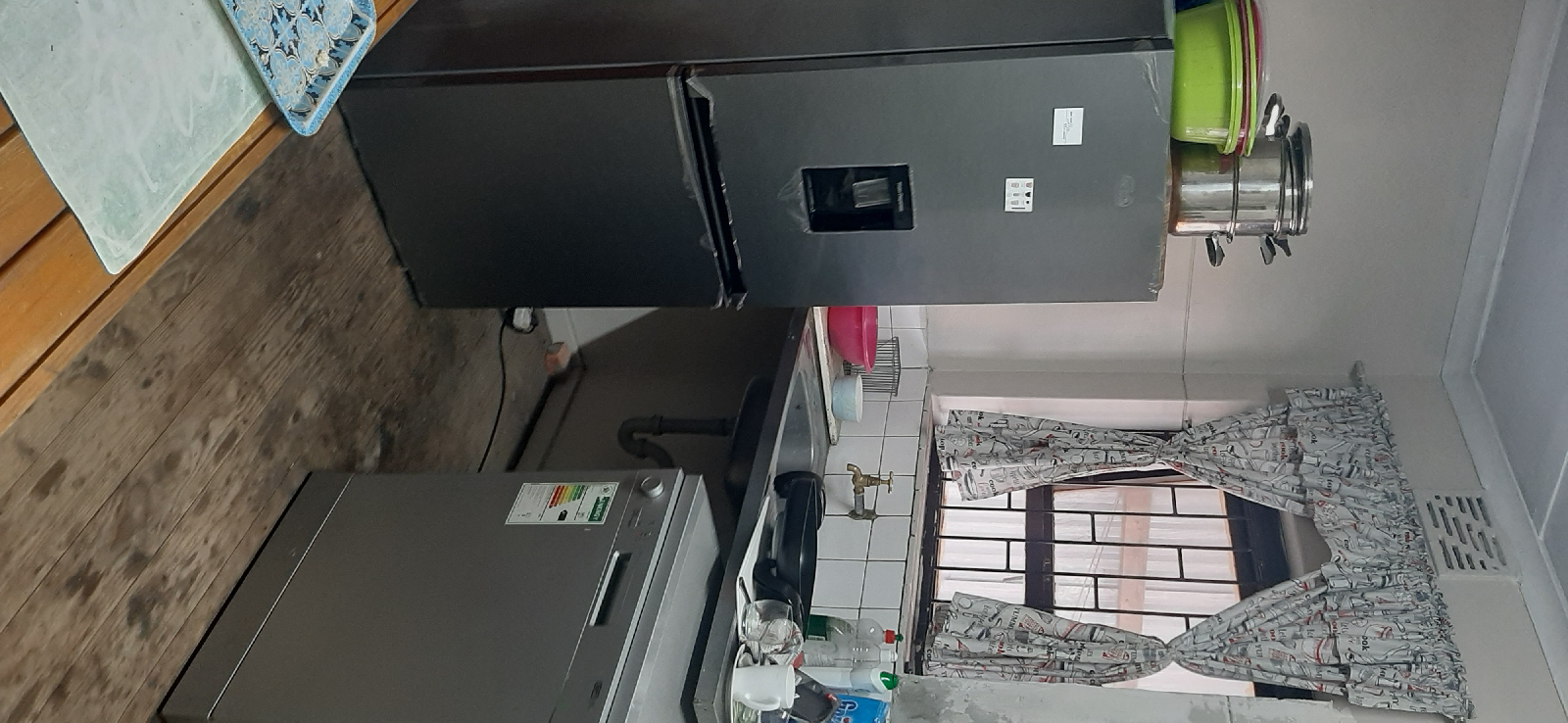Lease Agreement Stands:
The new owner of the property takes over the existing lease agreement and must honor its terms. This is protected under the common law principle of huur gaat voor koop (lease trumps sale). This means that your lease remains valid until it expires, as long as you have a valid written or verbal agreement.
Termination Clauses:
If your lease includes a clause that allows the landlord to terminate the agreement in the event of a sale, then the landlord can terminate the lease, provided they give proper notice as stipulated in the lease agreement.
Notice Period:
If there is no specific clause regarding the sale, the landlord or new owner must give notice in accordance with the lease agreement or the applicable law, such as the Rental Housing Act, which typically requires one month’s written notice for a month-to-month lease.
Alternative Accommodation:
The landlord is not obligated to provide you with alternative accommodation unless explicitly stated in the lease agreement or agreed upon during negotiations. It is your responsibility to find a new place to live if the lease is terminated or expires.
Eviction:
The landlord or new owner cannot evict you without following due legal process. An eviction requires a court order, and the process must comply with the Prevention of Illegal Eviction from and Unlawful Occupation of Land Act (PIE Act).
If you are unsure of your rights or the terms of your lease, it may be wise to consult with a legal expert or the Rental Housing Tribunal in your area for guidance.

























